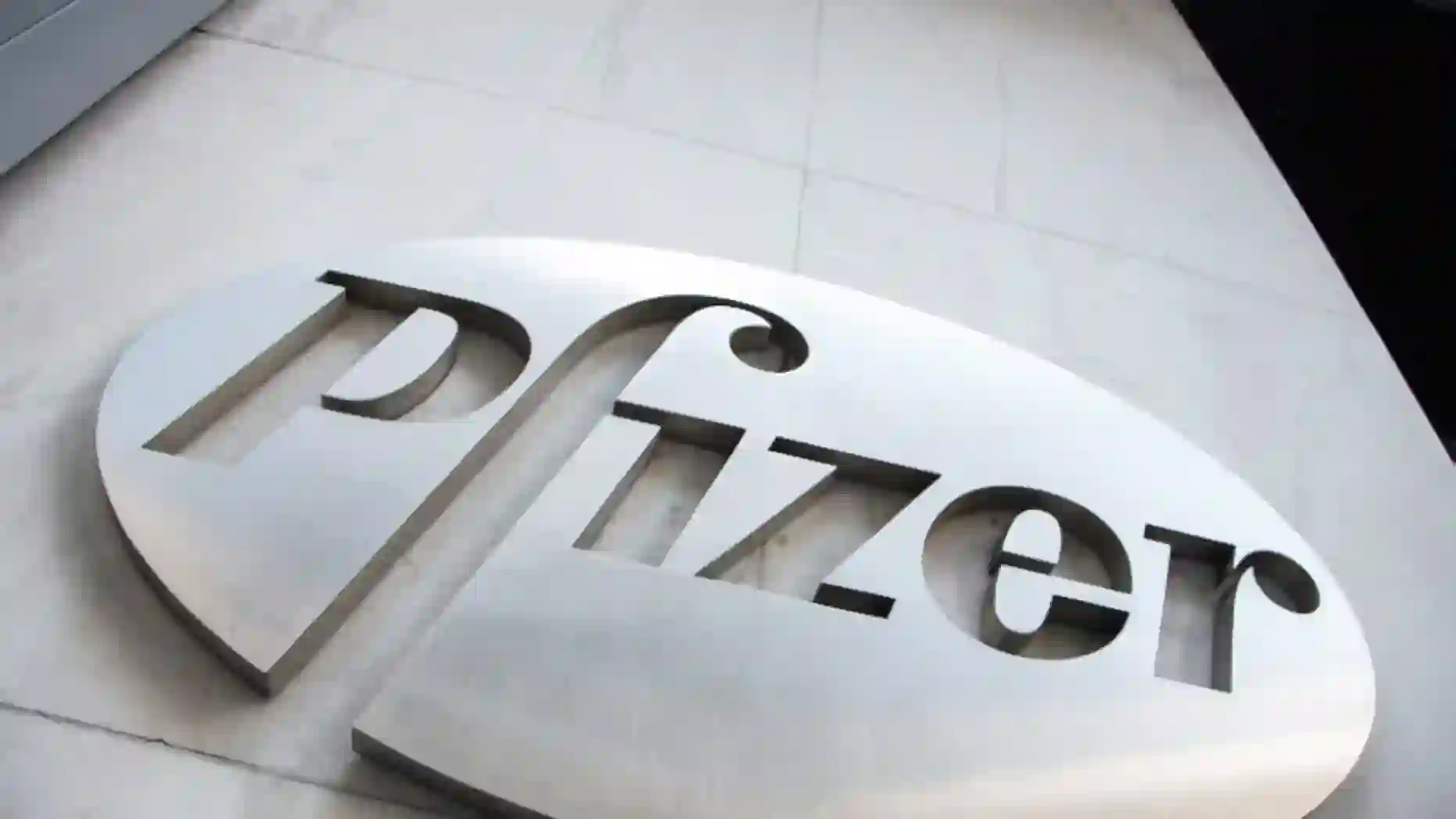
After learning that one of its prescription pills did not fulfill child-resistant regulations and could represent a poisoning risk, pharmaceutical giant Pfizer is inventing new packaging.
According to a Consumer Product Safety Commission (CPSC) notice posted Thursday, Pfizer is recalling 4.2 million Nurtec ODT 75 mg orally disintegrating tablets packaged in cartons containing one blister card of eight pills.
Migraine Drugs Recalled
The blister card itself is not child-resistant, posing a danger of poisoning small children. According to Pfizer, the medicine is indicated for the acute treatment of migraine with or without aura in adults, as well as the prevention of episodic migraine in adults.
The container is not child-resistant, as required by the Poison Prevention container Act (PPPA), posing a “risk of poisoning if the contents are swallowed by young children,” according to the CPSC.
The implicated goods bear the NDC 72618-3000-2 and have an expiration date of June 2026. Since December 2021, pharmacies around the country have been dispensing the recommended medication.
Read more: 2 Persons with stage four lung cancer are saved by double lung transplants
How CPSC Defines ‘Recall’?

Adults are prescribed Nurtec ODT for the acute treatment of migraine attacks with or without aura, as well as the preventive treatment of episodic migraine, according to Pfizer.
Consumers should immediately remove the recalled product from children’s reach and contact Pfizer for a free child-resistant pouch to store it in. Once safely kept, the medication can be used as indicated.
The Consumer Product Safety Commission (CPSC) defines “recall” as “any repair, replacement, refund, or notice/warning program,” according to Pfizer in an emailed statement, adding that “[t]his does not necessitate the return of the product.”
According to Nurtec, the solution to the problem has been established. Pfizer has directed pharmacists to place the tainted blister cards in a child-resistant bottle before administering the medication to patients.
Consumers can continue to use the device as intended once it has been secured, according to the CPSC.
Read more: Samsung to invest $230 billion in the world’s largest chip plant as part of South Korea’s tech plan

